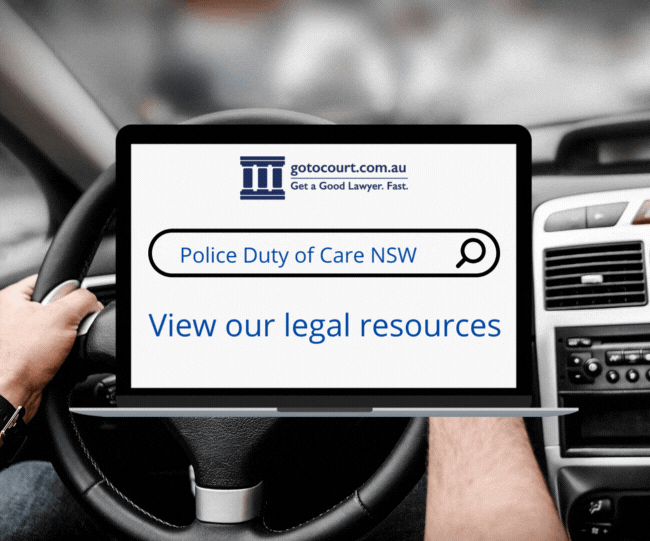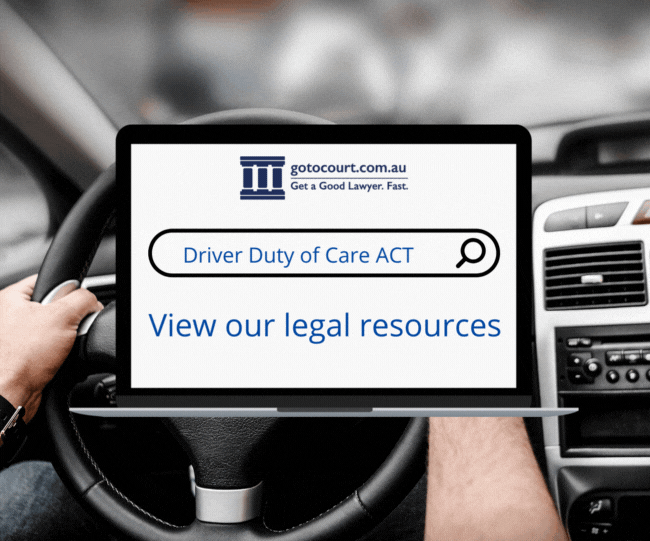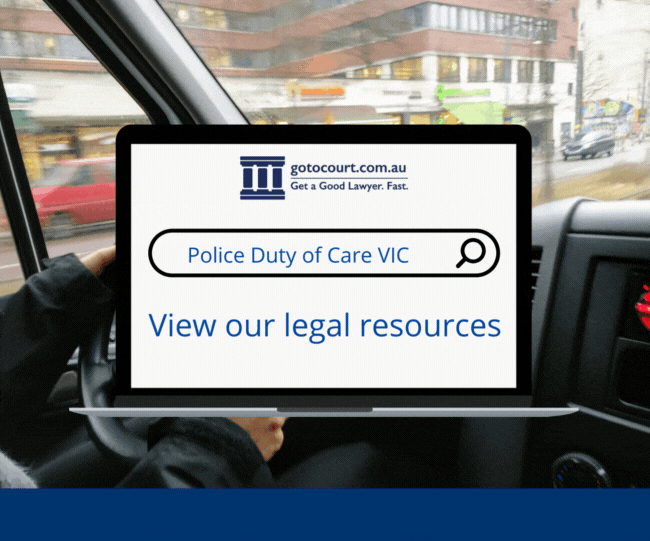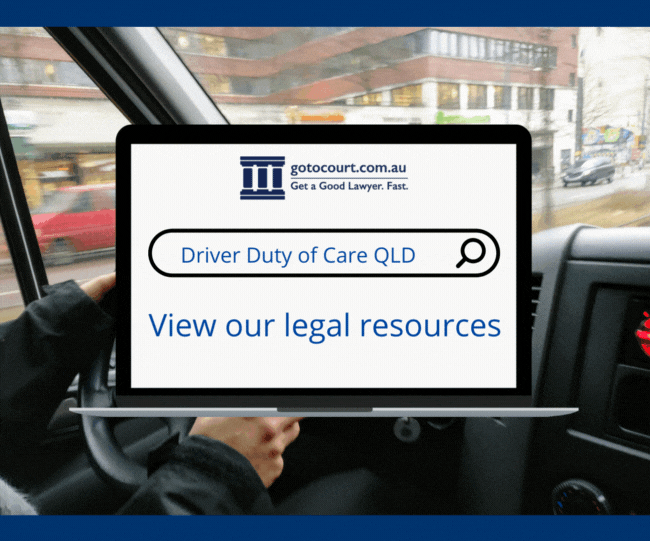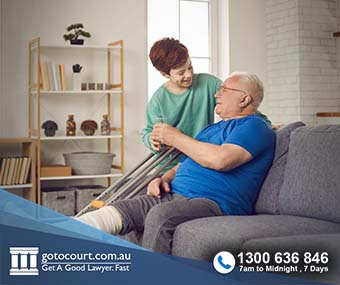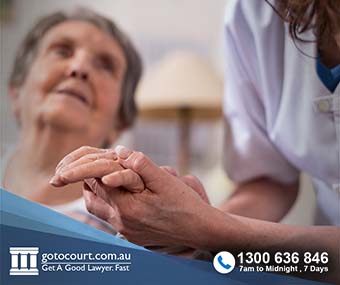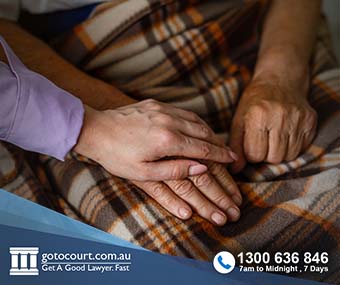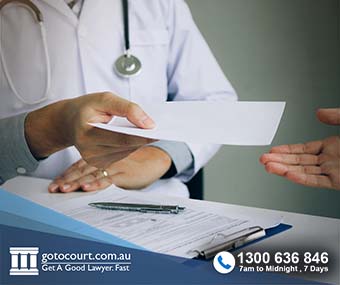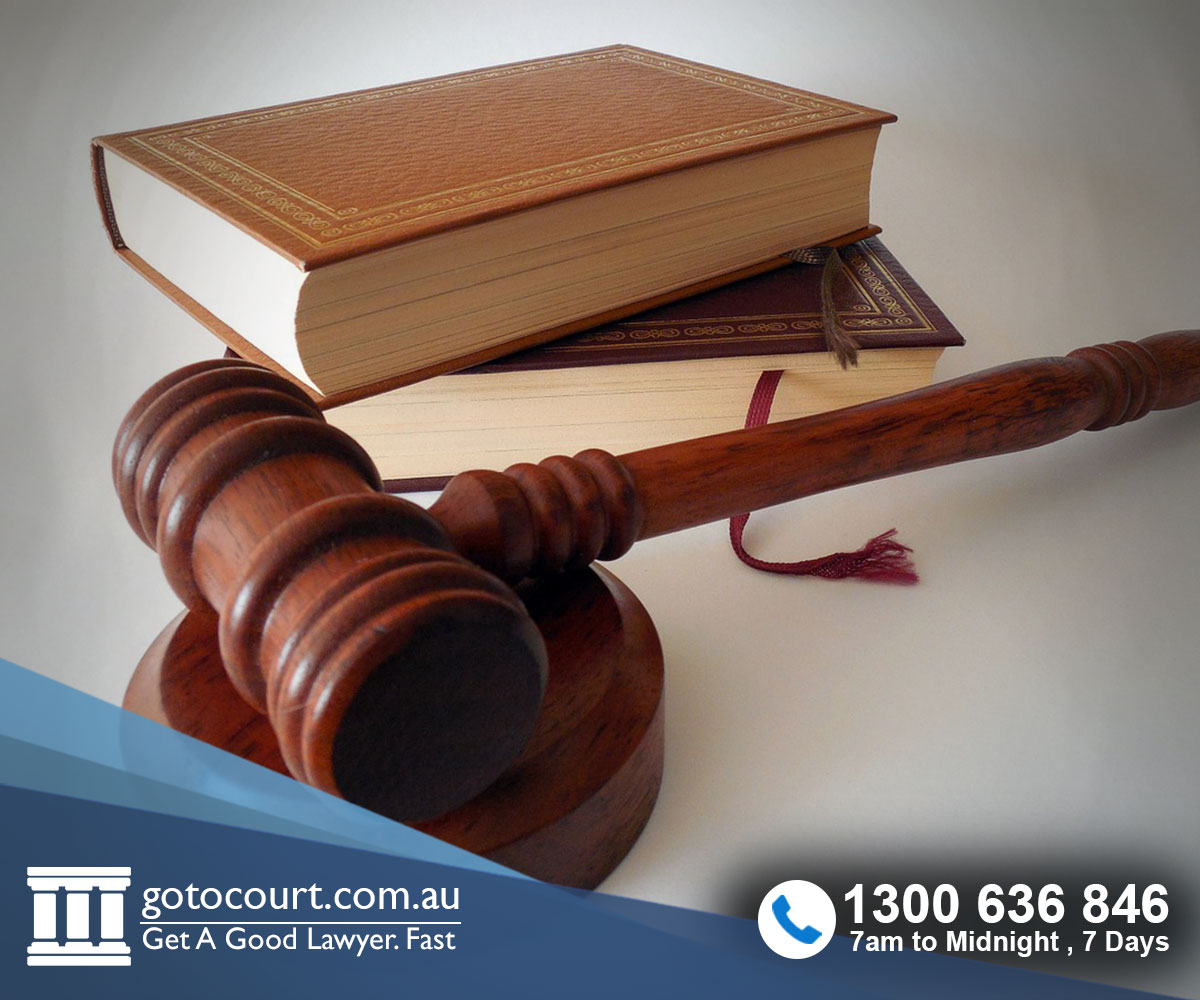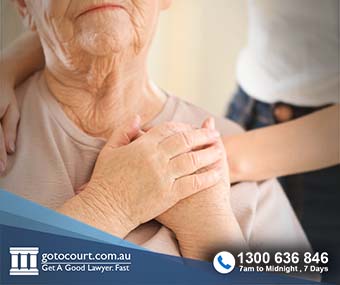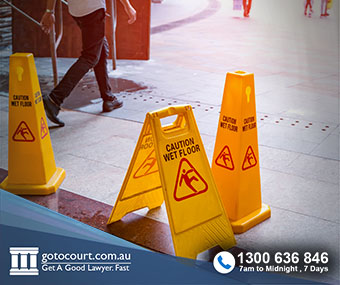Medical Negligence in Queensland (Qld)
Medical Negligence in Queensland (Qld)
When someone entrusts their health to a medical professional, they expect that person to take care of them. When medical professionals fail in their duty of care to take reasonable care to avoid harm to their patients, this is known as medical negligence. Medical negligence can cause a patient to suffer physical or psychological harm, ranging from diminished capacity to work to lifelong pain. This page examines key elements of medical negligence in Queensland.
Duty of care in Queensland
A duty of care applies to certain people in a variety of situations. For instance, a school owes a duty of care to its pupils, an occupier owes a duty to visitors, and a solicitor owes a duty of care to his or her client. A person breaches their duty of care if a reasonable person would have acted in a different manner to reduce the risk to others. Under the Civil Liability Act 2003, a person is only in breach of their duty when:
- The risk was not insignificant;
- The risk was foreseeable; and
- A reasonable person would have taken precautions to mitigate the risk.
A court assesses what a reasonable person would do given the probability of harm, the potential seriousness of the harm, the burden of taking precautions to try and avoid harm, and the social benefits of the potentially harmful activity.
Medical duty of care
Common law precedent has long recognised a duty of care in the doctor-patient relationship. Under Queensland law, a medical professional has a higher standard of care than others because of their expertise, knowledge, and skills, and because of the special vulnerability of patients.
Medical treatment usually carries some risk with no guarantee of total safety, even when the medical practitioner acts with all due care. This means that the success or failure of a procedure does not determine negligence. When something goes wrong during treatment, but the medical practitioner was abiding by their duty of care, then the patient has no claim for negligence. On the other hand, if a practitioner acts without care, the patient has potential cause for a medical negligence case. Therefore, what amounts to negligence is a matter of judgment and opinion. The court typically does not make a judgment on the submissions of the plaintiff and defendant, but on the opinions of suitably qualified experts.
Medical negligence claims
A plaintiff needs to establish certain elements to prove a claim of medical negligence:
- The defendant did not behave as a reasonably competent medical professional would have done in the same circumstances.
- The defendant’s negligence caused personal injury or damage to the plaintiff.
- The damage is a type that is compensable.
Some examples of medical negligence are quite clear.
For instance:
- An invasive medical procedure performed on the wrong person or wrong part of the body.
- A mistake with a prescription causes serious side effects.
- Leaving a medical tool or another object inside a patient after surgery, causing pain and harm.
- Failure to adequately warn a patient about the adverse effects and risks of a procedure or treatment.
- Misdiagnosis of a condition leading to adverse effects.
Such serious medical negligence is relatively rare. In fact, the State of Patient Safety and Quality in Australian Hospitals Report 2019 found only 60 instances of serious, preventable harm to patients in Australian hospitals in 2016.
Causation
It is necessary to prove causation to prove medical negligence in Queensland. That is, a patient must show that the medical practitioner’s breach of duty was the cause of their injury. Under Queensland legislation, a breach of duty is only the cause of harm if it is a necessary condition of the adverse event. Simply put, causation is proven if the patient would not have suffered the harm but for the negligent action (or inaction) of the medical professional.
Damages
If the court decides that the plaintiff has a claim, it needs to make an assessment of damages, distinct from any pre-existing medical condition. A compensation order may include an amount to cover medical costs associated with the injury, a one-time payment to compensate for the loss of quality of life and pain and suffering, as well as payment for past or future loss of earnings.
Waivers
During a medical negligence case, the court will often be asked to assess whether a patient was made sufficiently aware of the risks associated with a given procedure. If a patient consents to a procedure fully aware of the risks, it is difficult for them to establish negligence if that risk is realised. To capitalise on this legal protection, patients are often asked to sign a waiver of liability before receiving treatment. However, the courts are reluctant to give effect to these documents in cases of medical negligence where the provider was clearly in breach of the required standard of care.
Limitations
The Personal Injuries Proceedings Act 2002 sets out the procedure for making a medical negligence claim in Queensland. A plaintiff must give the defendant written notice of their claim within nine months of the incident, or from the first appearance of adverse symptoms, or within a month of the plaintiff giving instruction to a law firm (whichever is earliest).
The defendant has a month from receiving the notice to provide any documentary evidence relating to the procedure. The plaintiff must give notice of claim within 12 months, with a specialist affidavit that there was a breach of duty of care resulting in personal injury. The defendant has one month after receiving the notice to accept or reject the claim, and six months to give written notice of their legal response.
The limitation period for a medical negligence claim for a child differs, as the legal guardian or parent must give notice of claim within six years of discovering the injury or 18 months after consulting with a lawyer on the matter (whichever is earlier). A medical professional can give the legal guardian a “notice of an adverse event” offering to remedy the harm. This notice is not an admission of liability and is inadmissible in subsequent court proceedings.
Every case is different, and there are many complexities involved in a medical negligence case. To ensure that you have a claim for damages, you should contact the team at Go To Court Lawyers on 1300 636 846.

Affordable Lawyers
Our Go To Court Lawyers will assist you in all areas of law. We specialise in providing legal advice urgently – at the time when you need it most. If you need a lawyer right now, today, we can help you – no matter where you are in Australia.How It Works




1. You speak directly to a lawyer
When you call the Go To Court Legal Hotline, you will be connected directly to a lawyer, every time.

2. Get your legal situation assessed
We determine the best way forward in your legal matter, free of charge. If you want to go ahead and book a face-to-face appointment, we will connect you with a specialist in your local area.

3. We arrange everything as needed
If you want to go ahead and book a fact-to-face appointment, we will connect you with a specialist in your local area no matter where you are and even at very short notice.



